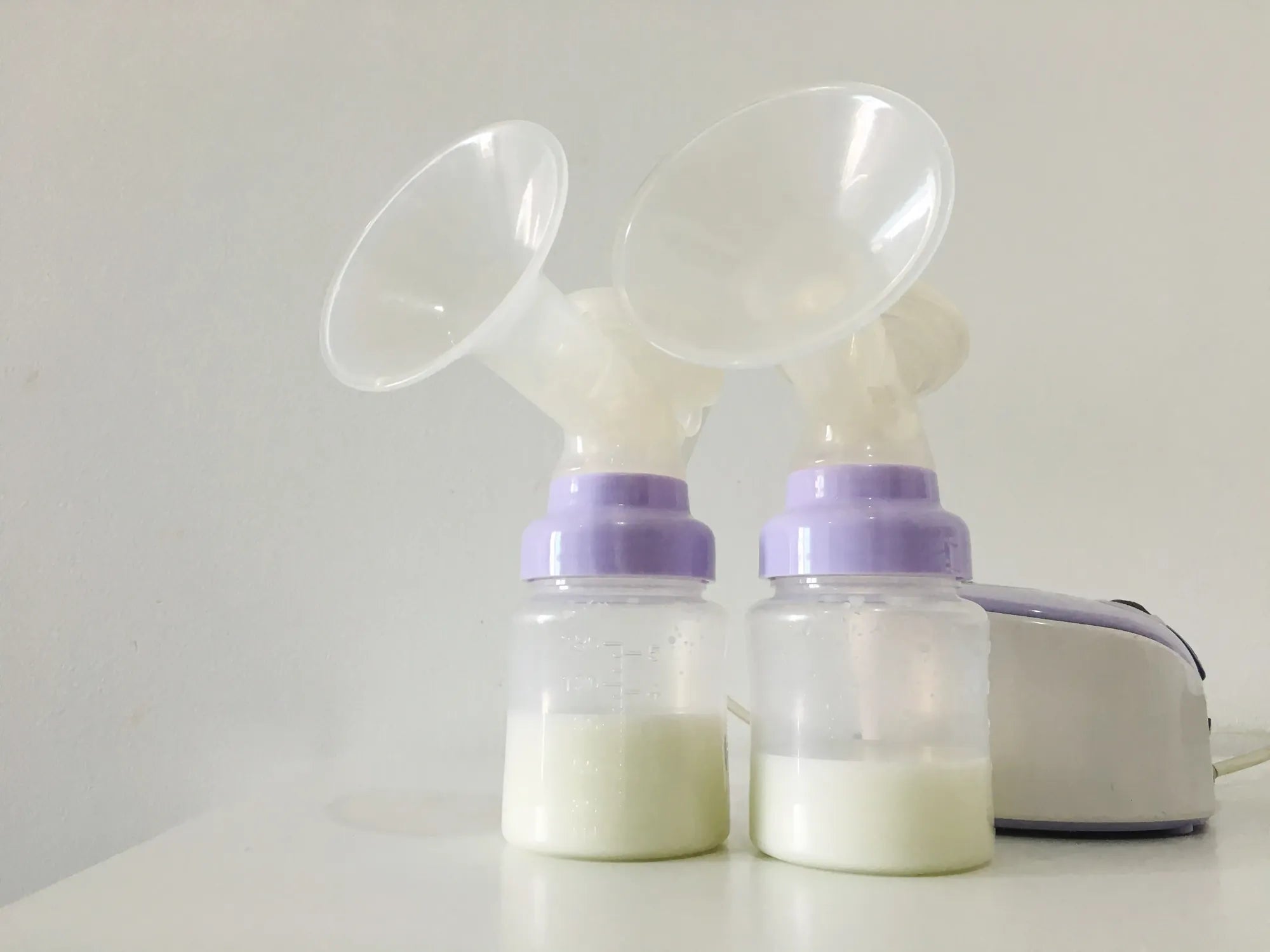Inicio
Pregnancy, Breastfeeding, and Pumping: The Ultimate Guide for Moms
How Long Do I Have to Pump My Breast: A Comprehensive Guide

How Long Do I Have to Pump My Breast: A Comprehensive Guide
For new mothers, the question of how long to pump breast milk can be both confusing and overwhelming. Understanding the right duration is crucial for maintaining milk supply, ensuring your baby gets the nutrients they need, and making the process as efficient as possible. This guide will walk you through everything you need to know about pumping duration, frequency, and best practices.
Factors That Influence Pumping Duration
Several factors can affect how long you need to pump your breast. These include your baby's age, your milk supply, and your personal schedule. For instance, newborns typically require more frequent feedings, which may necessitate shorter but more frequent pumping sessions. On the other hand, if you have an oversupply of milk, you might need to pump for longer periods to avoid engorgement.
Understanding Your Milk Supply
Your milk supply plays a significant role in determining how long you should pump. If you have a low milk supply, you may need to pump for longer periods to stimulate milk production. Conversely, if you have an oversupply, shorter pumping sessions may be sufficient. It's essential to monitor your milk supply and adjust your pumping duration accordingly.
Pumping Frequency and Duration
For most mothers, pumping sessions typically last between 15 to 30 minutes. However, the frequency of these sessions can vary. New mothers often pump every 2 to 3 hours to mimic their baby's feeding schedule. As your baby grows and starts feeding less frequently, you can adjust your pumping schedule accordingly.
Tips for Efficient Pumping
To make the most of your pumping sessions, consider the following tips:
- Use a double electric pump to save time.
- Ensure your pump flanges fit correctly to maximize milk output.
- Relax and try to think about your baby to stimulate let-down.
- Stay hydrated and maintain a healthy diet to support milk production.
Common Challenges and Solutions
Many mothers face challenges when it comes to pumping, such as low milk supply, engorgement, or difficulty finding time to pump. If you're struggling with low milk supply, try power pumping, which involves pumping for shorter periods more frequently. For engorgement, consider using a warm compress before pumping to help with milk flow. If time is an issue, try to incorporate pumping into your daily routine, such as during your commute or while working.
When to Seek Professional Help
If you're experiencing persistent issues with pumping, such as pain, low milk supply, or difficulty maintaining a schedule, it may be time to seek professional help. A lactation consultant can provide personalized advice and support to help you overcome these challenges and make pumping a more manageable part of your routine.
Understanding how long to pump your breast is essential for maintaining your milk supply and ensuring your baby gets the nutrients they need. By considering factors like your baby's age, milk supply, and personal schedule, you can determine the optimal pumping duration and frequency. With the right techniques and support, pumping can become a seamless part of your daily routine, allowing you to provide the best care for your baby.
Compartir
